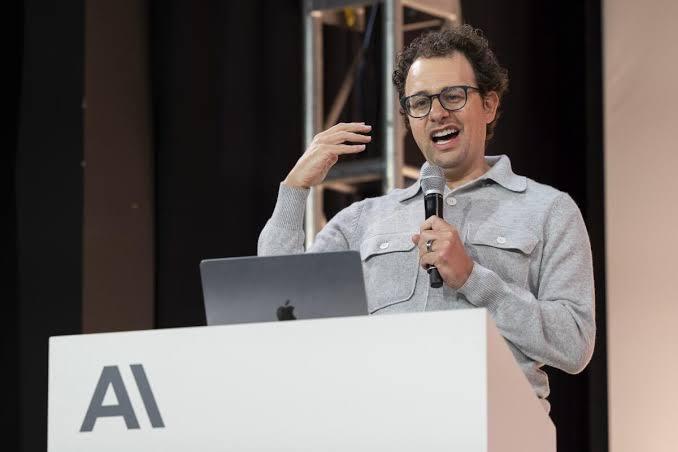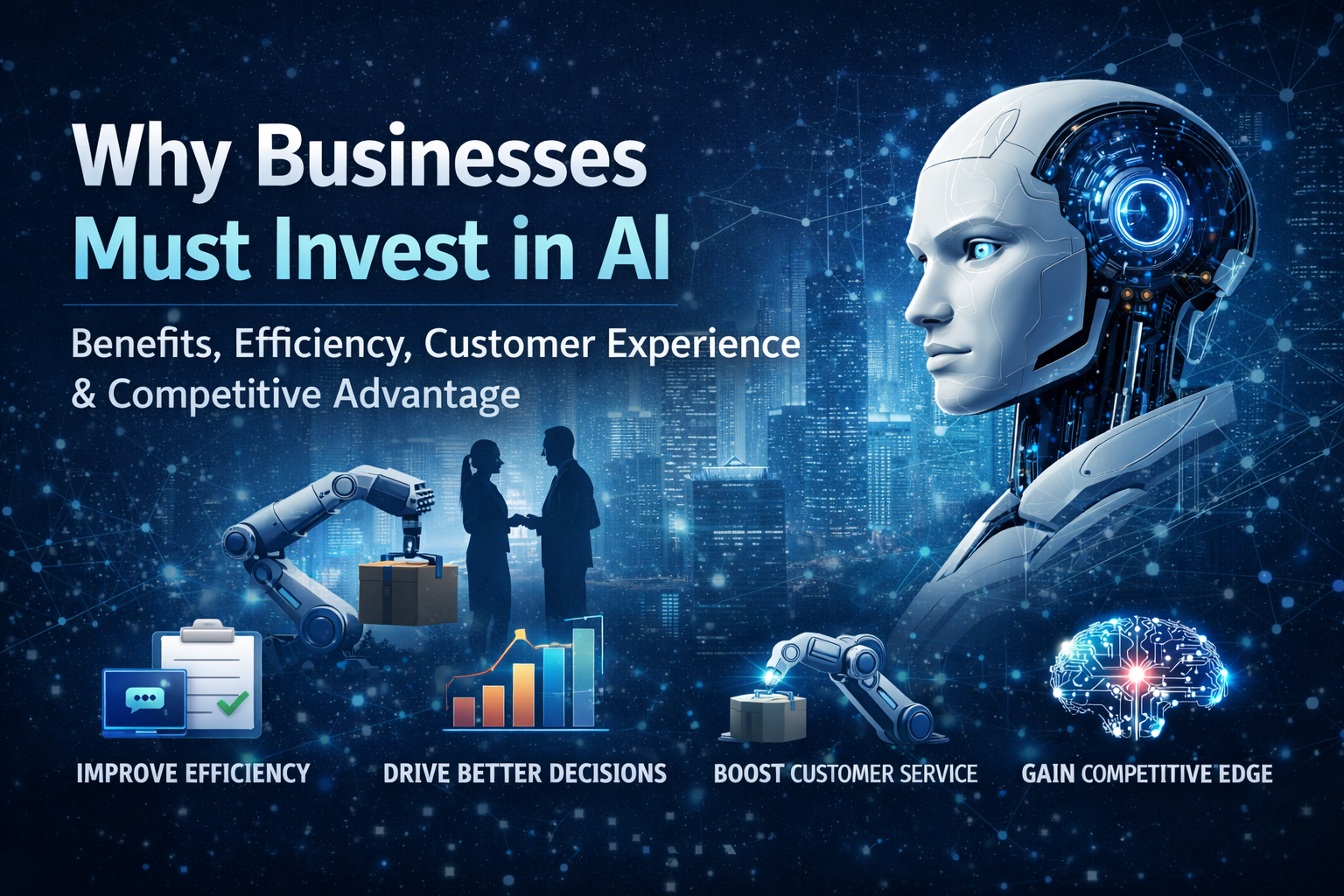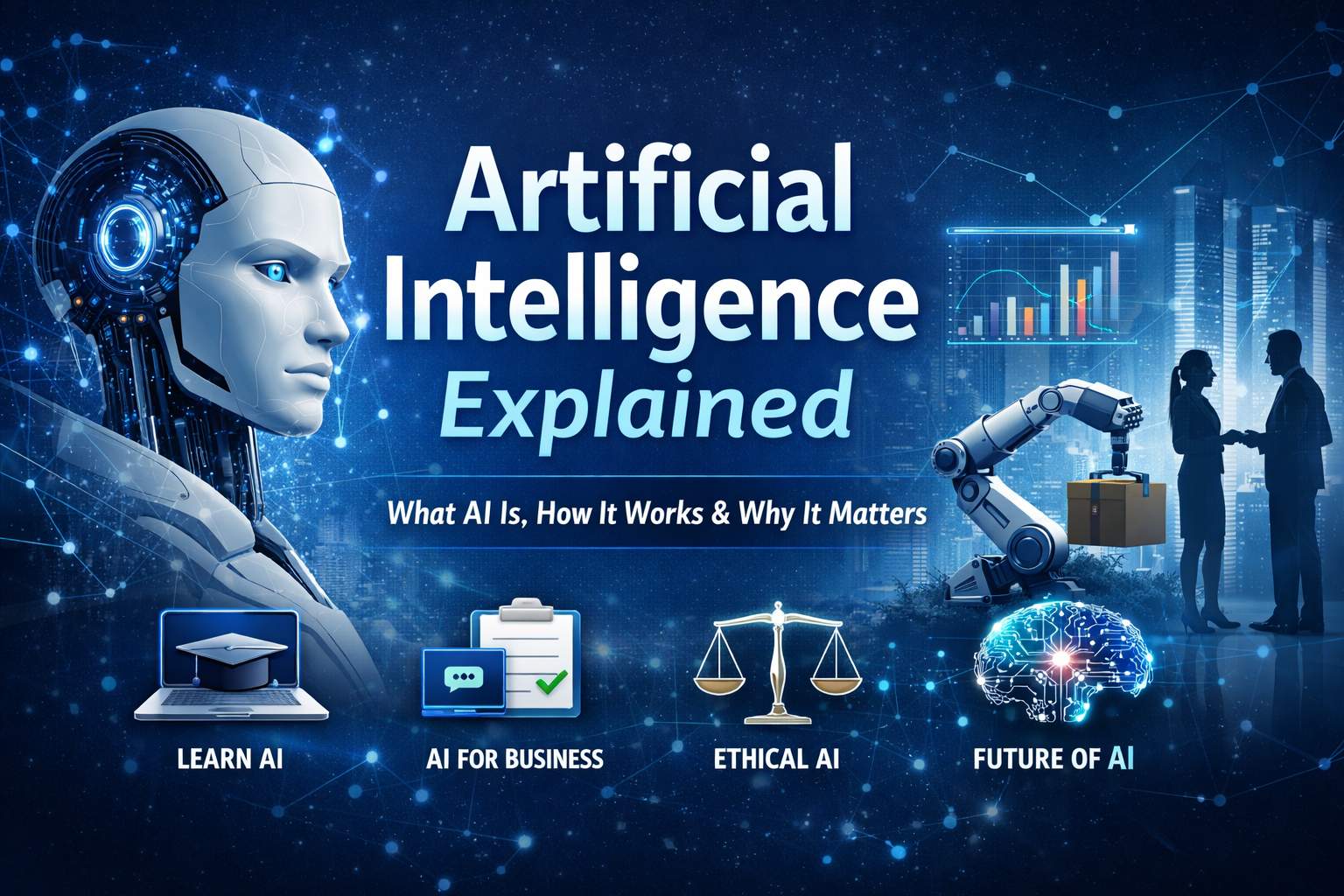Anthropic, the AI startup behind the Claude models, has agreed to a $1.5 billion settlement to resolve a class-action lawsuit filed by authors over the use of copyrighted works for AI training, sources tell Cortex Hub.
The plaintiffs, a coalition of writers and publishers, claimed that Anthropic trained its models on copyrighted material obtained from so-called “shadow libraries” such as LibGen and Z-Library without securing permission. Under the settlement, eligible rights holders will receive approximately $3,000 per work, covering an estimated 500,000 items.
“This is a landmark moment for AI and intellectual property,” said Dana Reynolds, an intellectual property attorney at Stanford Law School. “It sets a precedent for how companies should approach copyrighted material in model training.”
A Precedent-Setting Case
The lawsuit marks one of the first major copyright disputes targeting a generative AI company at this scale. Legal experts say it could shape the industry’s approach to licensing content for training and influence future regulations.
Unlike other companies currently facing similar litigation, Anthropic chose to settle rather than fight in court. Analysts say this decision may reflect both a desire to avoid prolonged legal battles and a strategic move to preserve the company’s reputation as competition intensifies in the generative AI market.
Industry Implications
The settlement underscores a growing tension in AI development: the need for vast datasets to improve models versus respecting the intellectual property of creators. Other AI developers, including OpenAI and Meta, are also grappling with legal questions surrounding their training data.
An Anthropic spokesperson said in a statement:
“We are committed to working collaboratively with authors and rights holders to create value for the creative community while responsibly advancing AI technology.”
Looking Ahead
While the payout resolves the immediate dispute, broader questions remain. How will courts define fair use in AI training? And how can startups without billions in capital manage similar legal risks?
“This case is just the beginning,” Reynolds said. “As AI systems grow more powerful, legal frameworks will need to catch up. Companies will have to balance innovation with respect for creators’ rights.”



.png)




